Civilization 7 Review: A Bold New Era or a Step Too Far?
Firaxis has shaken up the formula in Civilization 7, merging bold new systems with familiar 4X gameplay. But is this streamlined reboot a win for longtime fans, or a play for newcomers? Here's everything you need to know before starting your first turn.
Ryan R
Contributing Writer
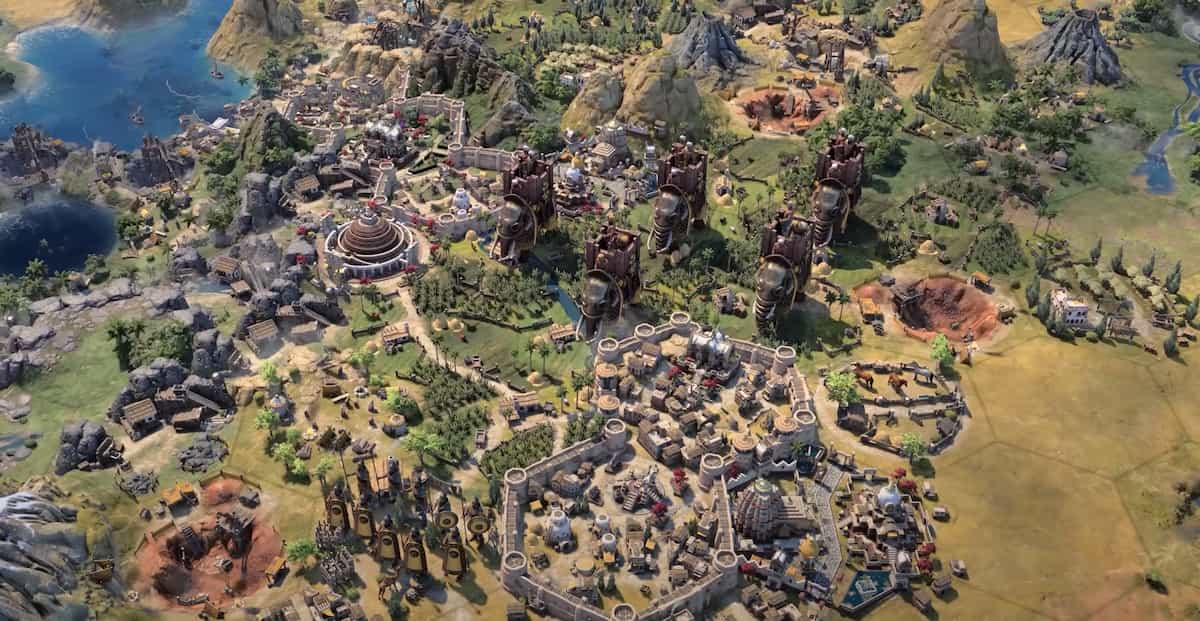
If Civilization 6 was a grand tapestry of complexity, Civilization 7 feels more like a bold oil painting - sleek, modern, and undeniably different. Firaxis and 2K have returned with a radical reimagining of the classic 4X strategy series, and while there’s plenty to admire, this new chapter doesn’t land perfectly for everyone.
Let’s break down the good, the bad, and the very different in Civilization 7.
A New Structure, a New Civilization
The most obvious shift in Civ 7? You no longer stick with a single civilization and leader for the entire game. Instead, you pick a historical leader (like Harriet Tubman or Machiavelli) and pair them with a distinct civilization each era - Antiquity, Exploration, and Modern.
This modular approach adds a surprising layer of replayability and adaptability. Struggling militarily in one age? Pivot to a science-focused civ in the next. It's a mechanic clearly inspired by Humankind, but Firaxis makes it their own by tying in legacies - bonuses that persist across ages—and grounding gameplay around the leader you chose at the start.
On paper, it's genius. In practice? Sometimes confusing. Having Ben Franklin lead Persia in the Modern Age raises more than a few eyebrows. But hey, it is a game.
Streamlining vs. Simplifying: A Double-Edged Sword
Firaxis has made a very deliberate move toward streamlining Civ 7, making it more approachable for newcomers. The interface is cleaner, the tooltips are fewer, and even the setup options are scaled down. Unfortunately, veterans of the series might find this change jarring—especially when basic gameplay details are buried or missing entirely.
The Civilopedia is no longer the goldmine of information it used to be. There’s a distinct lack of post-turn summaries, no combat logs, and even tooltips for units and buildings are sparse. For a series that has traditionally thrived on depth and data, this can feel like a betrayal.
Yet, there’s an upside: the game is faster, snappier, and arguably more intuitive for casual players. Towns and cities now serve different roles, with towns requiring less micromanagement. It’s a small touch, but one that helps reduce the infamous late-game bloat.
Warfare and Diplomacy: Familiar, But Sharper
Combat has received a smart upgrade in the form of Commanders - hero units that carry stacked units across the map and earn XP instead of micromanaging each individual troop. It’s a fantastic compromise between “one unit per tile” and the dreaded “stacks of doom.”
Diplomacy also shines. Influence now acts as its own resource, allowing you to proactively shape relationships with AI leaders. Want to support an alliance? Spend influence. Want to shut down a trade agreement? Same currency. It’s elegant and empowers meaningful choices without overwhelming you.
The Three Ages: Focused Gameplay or Lost Depth?
Instead of one sprawling campaign, Civ 7 is split into three distinct ages. Each age comes with its own objectives via "Legacy Paths"—military, culture, science, and economy. These essentially serve as mini-victories, progressing you to the next era.
It’s a great way to shake off stagnation in a slow campaign. But it can also feel too game-y. Victory often goes to whoever dabbles in all paths rather than mastering one. And while the crises between ages add drama, they rarely pose a serious threat.
More frustrating is the middle “Exploration Age,” which awkwardly tries to cover everything from post-Rome to the brink of modernity. With religion, colonialism, and archaeology jammed into one era, gameplay here can feel scattered.
A Beautiful World With Some Missing Pieces
Graphically, Civilization 7 is stunning. Cityscapes evolve beautifully, unit animations are crisp, and natural disasters strike with flair. Composer Christopher Tin returns with another atmospheric score that elevates every turn.
Yet, the streamlined visuals can also hinder gameplay. Units blend into the map too easily. The minimalistic UI makes it harder to track threats or plan turns efficiently. Worse, some launch-day bugs - like pathing issues - suggest the game needed a bit more polish.
And yes, the biggest missing piece? Gandhi. For a game that thrives on fan nostalgia, his absence is loud.
Final Thoughts: Is It Worth Playing?
Civilization 7 is a bold reboot that modernizes the series for a new audience. Its restructured gameplay, updated diplomacy, and modular civilizations feel fresh and exciting. But longtime fans may mourn the loss of depth, detail, and historical continuity.
Still, that “one more turn” magic is alive and well. And with patches, DLC, and modding support almost guaranteed, Firaxis has a solid foundation to build on.
If you’re new to Civ, this is a great entry point. If you’re a veteran? You might be frustrated - but also intrigued.
RELATED
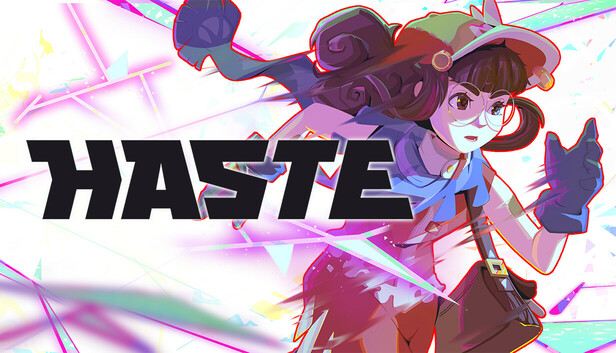
HASTE: Broken Worlds Will Break You. But You’ll Love It
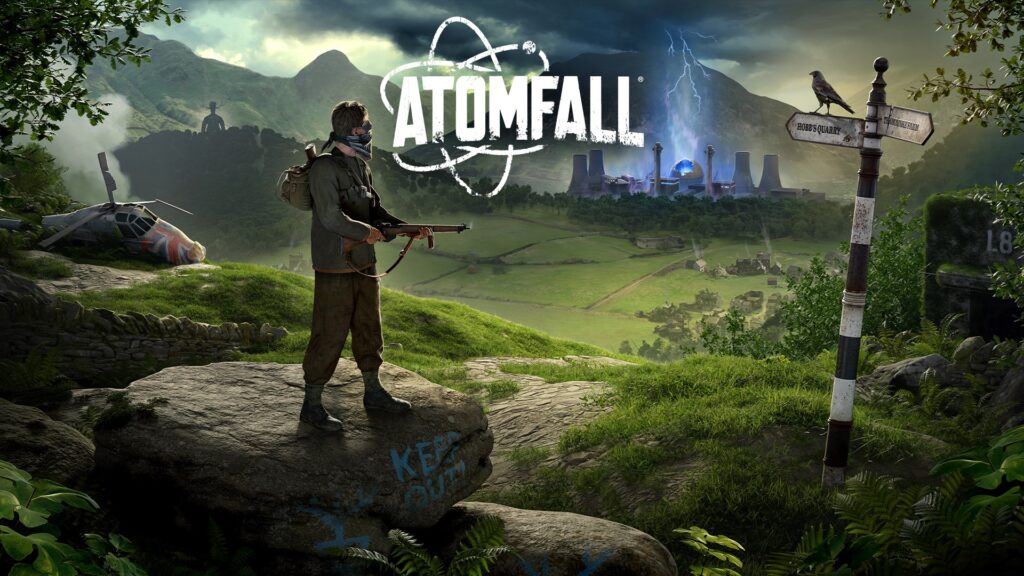
Atomfall Review: A Chilling Survival Mystery in a Twisted Countryside

The First Berserker: Khazan Is a Brutal, Beautiful Soulslike You Don’t Want to Miss
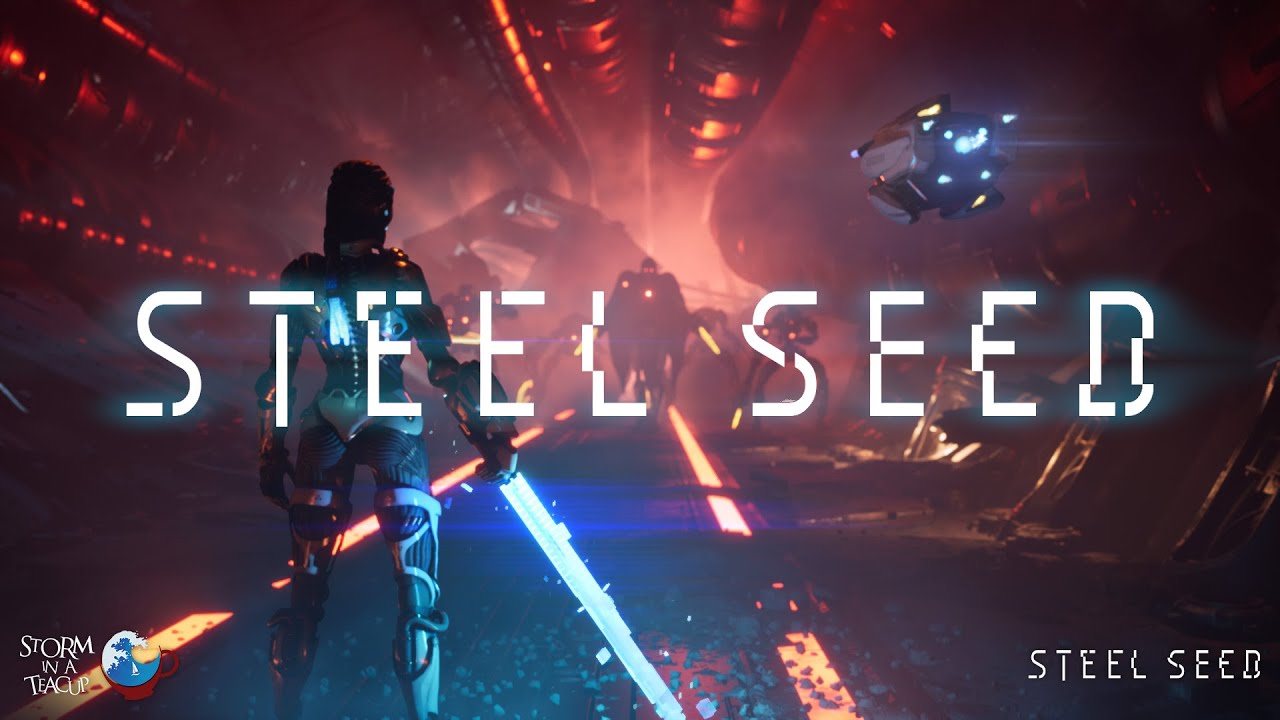
Steel Seed Drops April 10: Here's What You Need to Know
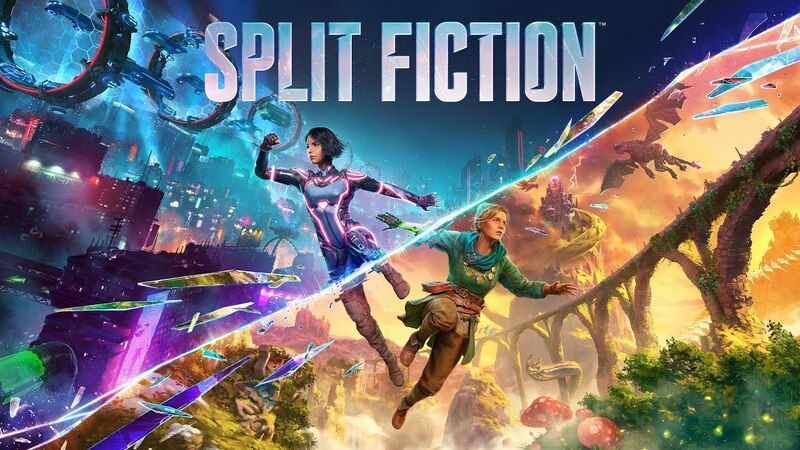
Why Split Fiction Is the Most Mind-Blowing Co-Op Game You’ll Play in 2025
